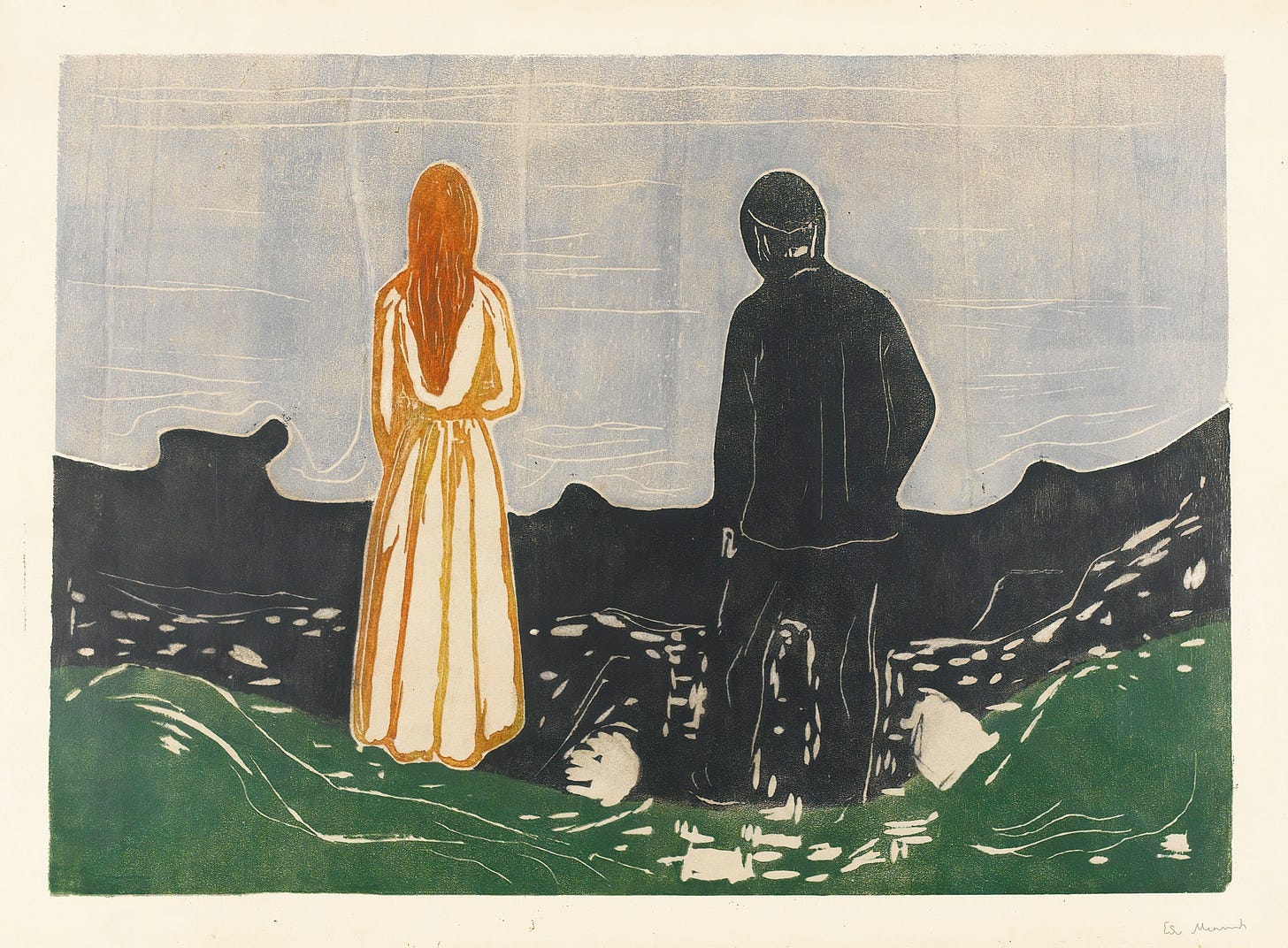Giving Up is Good for You
In order to get along, we need to learn when to accept defeat.
Have you ever thought about the phrase “giving up”? I mean, really thought about it? We say it all the time, but it seems we rarely think about its implications.
There are two main ways we tend to talk about it. We can give up a thing — a bad habit (smoking) or a type of food (meat). We can also give up something that is otherwise fine for us for a limi…




